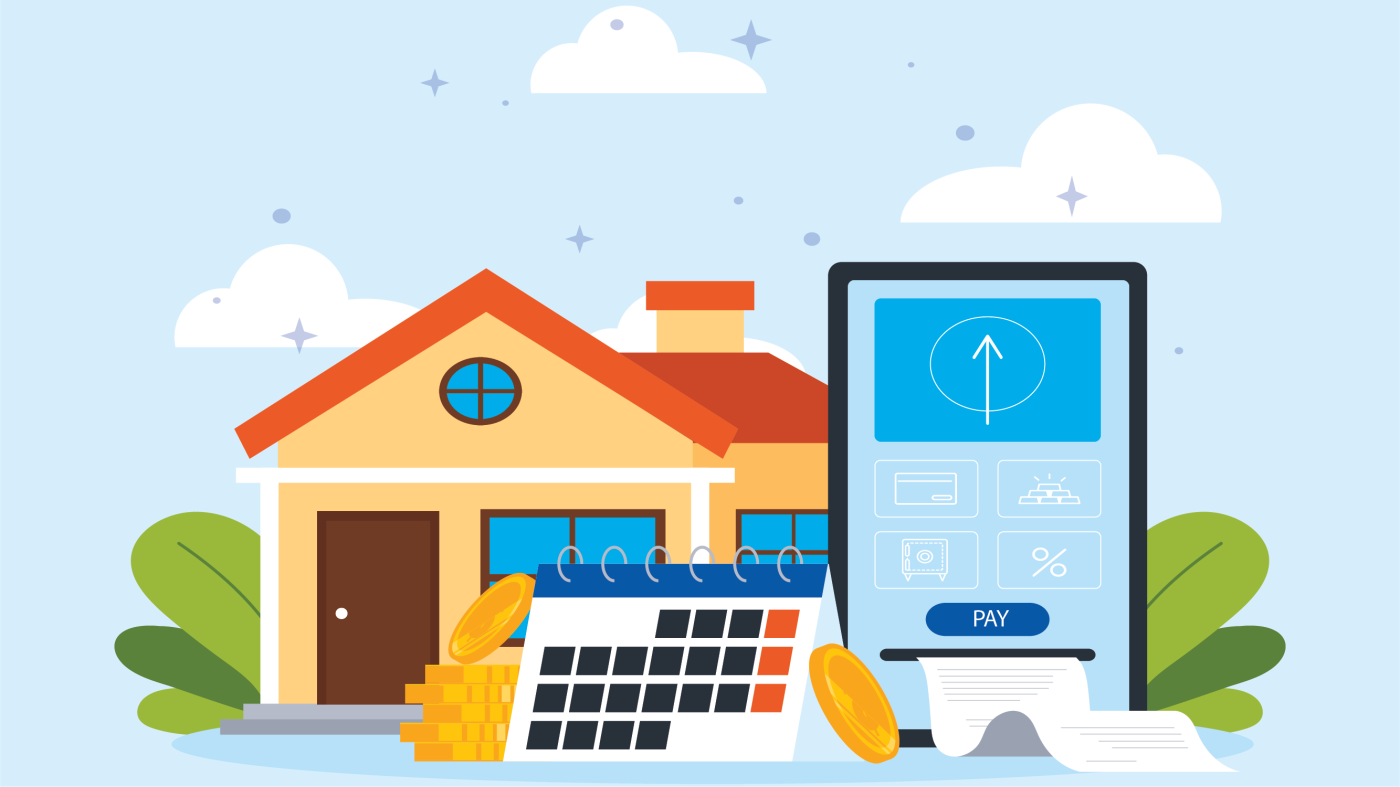Introduction
Section 80GG of the Income Tax Act, 1961, provides relief to individuals who do not receive any house rent allowance (HRA) from their employer and yet incur expenses towards rent. This section allows for a deduction in the taxable income for such individuals for the amount of rent paid. In this blog, we will discuss the provisions of Section 80GG in detail.
What is Section 80GG as per Income Tax Act?
Section 80GG allows an individual to claim a deduction on the rent that is paid towards a furnished or unfurnished house. The house must be in use for their residential accommodation.
By deductions, here we mean the amount you can deduct from your gross income of the year to derive the net taxable income on which the income tax would be charged.
What are the conditions to claim a deduction under Section 80GG?
Eligibility Criteria
To be eligible for the benefits of Section 80GG, the following conditions must be met:
- The individual must not receive any HRA from their employer.
- The individual or their spouse or minor child must not own any residential property in the location where they reside or carry out their business or profession.
- The individual must have paid rent for the residential accommodation they occupy.
- The individual must file their income tax return and claim the deduction under Section 80GG.
- One can claim a deduction under this section if he or she is self-employed or salaried person not having the HRA component in their CTC.
- Companies cannot claim deductions under this section for their rental expenses. You being an individual, can only be entitled to receive this deduction.
- If you are salaried, you must not receive any HRA or RFA benefits, and you are not entitled to receive so, to avail of the benefit of section 80GG.
- You can claim deduction under this section on any kind of residential property which is unfurnished, furnished, or even semi-furnished where you stay as a tenant.
- You, your spouse, your minor child, or the HUF of which you are a member – do not own any residential accommodation where you currently reside, perform office duties, or work or carry on business or profession.
- No benefit under section 80GG will be allowed if you have any self-occupied house property.
- Besides these assets, any other property you own would be called a capital asset, like land, building, shares, patents, trademarks, jewellery, etc.
- Form 10BA is required to be filled with details of payment of rent to claim deduction under section 80GG.
Deduction Available
The amount of deduction under Section 80GG is calculated as follows:
- If the individual is self-employed, the deduction will be the lower of the following:
- Rs. 5,000 per month.
- 25% of the total income for the year.
- If the individual is an employee who receives a salary, the deduction will be the lower of the following:
- Rs. 5,000 per month.
- 10% of the salary for the year.
- 25% of the total income for the year.
It is important to note that the deduction under Section 80GG cannot exceed the amount of rent paid in excess of 10% of the individual’s total income for the year.
Example
Let us understand the provisions of Section 80GG with an example:
Mr. A is a self-employed individual who does not receive any HRA from his employer. He pays a rent of Rs. 15,000 per month for the residential accommodation he occupies. His total income for the year is Rs. 6,00,000. The maximum deduction available to him under Section 80GG will be Rs. 1,25,000 (i.e., Rs. 5,000 per month or 25% of the total income for the year, whichever is lower).
Conclusion:
Section 80GG provides relief to individuals who do not receive any HRA from their employer and incur expenses towards rent. By claiming the deduction under this section, such individuals can reduce their taxable income and thereby lower their tax liability. It is important to note that the eligibility criteria and the calculation of the deduction under this section have to be carefully evaluated before claiming the deduction. PulseHRM is always available to assist you with any tax-related matters.
If you’re interested in implementing an HRMS for your organization or would like to learn more about how it can benefit your HR operations, contact us today. Our team of experts is always available to answer any questions and guide you through the implementation process. By partnering with us, you can take advantage of our extensive knowledge and experience in HR technology to find the best solution for your organization. Let us help you revolutionize your HR operations with an advanced HRMS. Email us at info@pulsehrm.com or call us directly at +91 (806) 184 8844 to get started.






